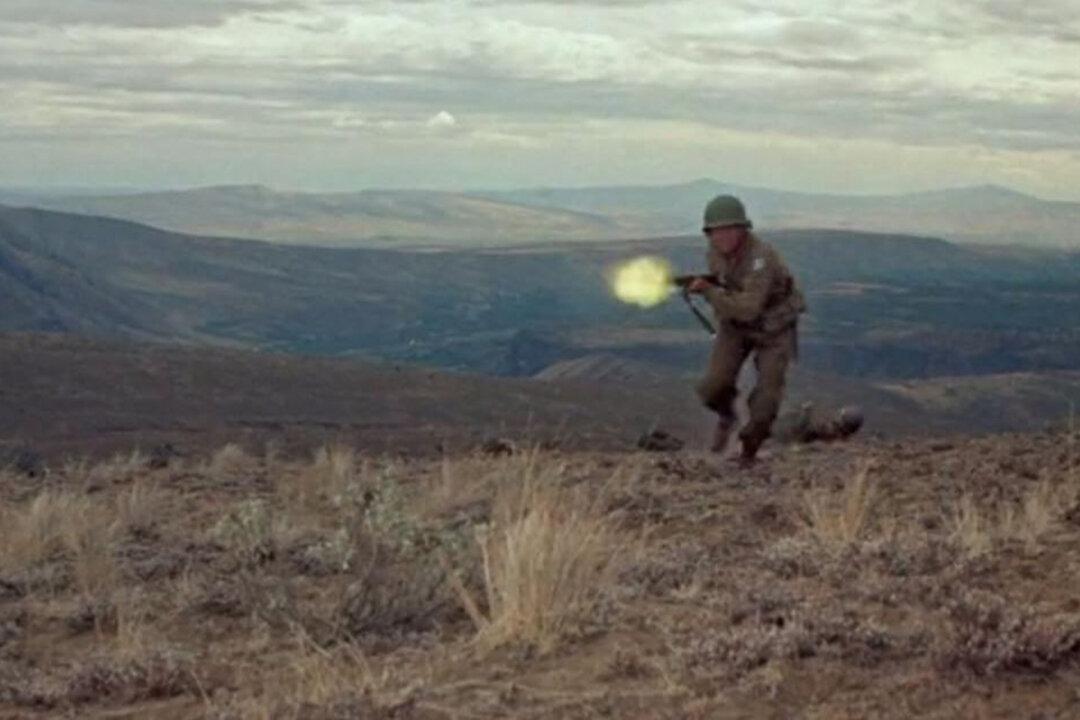Commentary
Perhaps it’s ironic or contradictory, but true heroes are rarely boastful, even though, by definition, they have reason enough to brag. They are usually humble, making them all the more human and endearing.

Perhaps it’s ironic or contradictory, but true heroes are rarely boastful, even though, by definition, they have reason enough to brag. They are usually humble, making them all the more human and endearing.